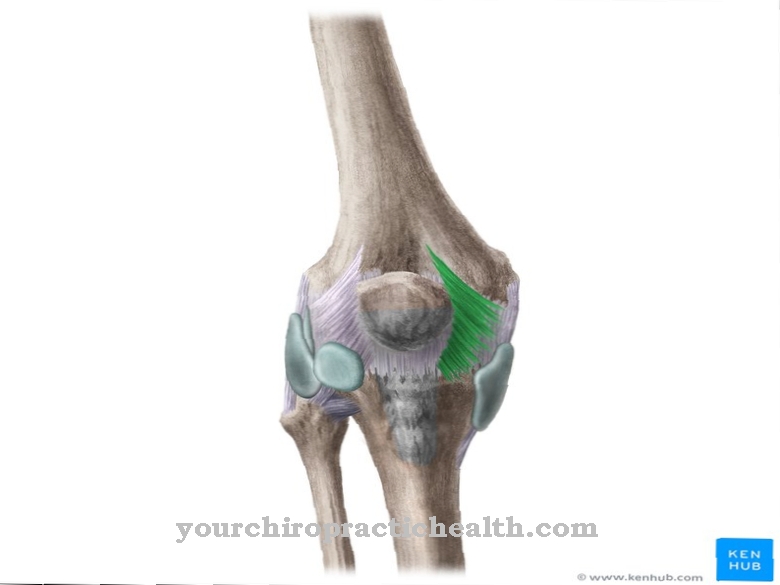A inflammation is, besides infections, one of the most common diseases in humans. Virtually any part of the body or internal organ can become infected. Well-known inflammations are tendonitis, meningitis, appendicitis and pneumonia. Since inflammation can trigger serious illnesses or even cause life-threatening conditions itself, a visit to a doctor is always advisable.
What is inflammation?

An inflammation (also medically Inflammation) basically describes a reaction of the body to harmful influences. The inflammation serves to remove the causal damage, to prevent it from spreading in the body and also to initiate the first repair processes.
The classic symptoms are caused by a pronounced activation of the immune system. Messenger substances (cytokines) are released, which lure the immune cells to the scene of the event via the blood system. The widening of the vessels means that fluids, immune cells and antibodies reach the inflamed tissue directly.
Depending on the severity, a distinction is made between local and systemic (i.e. affecting the whole body) inflammation, and the transitions are fluid.
causes
The most common cause of inflammation is a not infrequently mundane injury, through which pathogens penetrate the soft tissues. Inflammations after operations are also feared, whereby bacteria can get through the wound or into the operating area during the operation. Usually the pathogens are bacteria (e.g. pus-forming bacteria such as staphylococci or streptococci), inflammation caused by viruses or fungi occurs much less often.
But other barrier violations, mechanical, chemical or physical influences can also lead to inflammation. Typical examples are sunburn (inflammation of the skin caused by UV rays), chemical burns, intestinal inflammation (especially appendicitis or diverticulum inflammation, if balls of feces or foreign bodies cause irritation and the area can be colonized by bacteria) or pneumonia (caused by inhalation of pathogens that cause disease ).
If the defense reaction is set in motion, the typical signs of inflammation result from this: reddening (rubor), swelling (tumor), pain (Dolor), overheating (calor) and restricted movement (functio laesa), which are particularly visible in skin or soft tissue inflammation . Any kind of inflammation occurs much more frequently when the immune system is weakened, e.g. in the context of diabetes mellitus or AIDS.
Diseases with this symptom
- Tendinitis
- Inner ear infection
- lung infection
- Nerve inflammation
- Otitis media
- Myocarditis
- Meningitis
- Inflammation of the eyes
- Conjunctivitis
- hepatitis
- Gastric mucosal inflammation
- Inflammation of the gums
- Appendicitis
- Root inflammation
- Tonsillitis
- Inflammation of the nail bed
- Inflammation of the pancreas
- Muscle inflammation
Complications
The possible complications of inflammation are many. If the inflammation is not treated in a timely manner, symptoms of exhaustion will increase, often accompanied by fever, dizziness and similar side effects. Depending on the cause and underlying disease, the inflammation can then lead to the failure of the internal organs. The adrenal cortex usually fails first, followed by the kidney itself and the liver or heart.
The course is often fatal, especially in the case of serious illnesses such as sepsis, myocarditis, or pneumonia. This also depends on whether the inflammation is chronic, acute or recurrent. Inflammation in the larynx, for example, leads to a sore throat, hoarseness and typical cold symptoms such as fever and fatigue, which in the further course can also spread to the throat and lead to abscesses there. The same applies to acute sore throat or tonsillitis, which also leads to fever and difficulty swallowing. In general, inflammation in the body causes a wide variety of problems.
The inflammatory processes throw the circulation out of balance and lead to sweating, dry or hot skin, nausea, restlessness and in extreme cases hallucinations and serious organ disorders. Constipation, increased breathing rate, and chills are also possible complications of inflammation in the body. The specific complications can, due to the diverse diseases and causes associated with inflammation, go much further and in turn lead to further problems.
When should you go to the doctor?
When an inflammation requires medical advice or immediate medical attention depends on the type and severity. A basic distinction is made between acute and chronic inflammation. In the case of acute appendicitis, the appropriate measures must be taken immediately. Likewise, pneumonia, bladder infections or tonsillitis should never be ignored. They absolutely make therapy necessary, which must be coordinated with the family doctor. The following applies: The longer an inflammation goes undetected and untreated, the greater the damage it can cause in the organism.
It is also important to ask what the cause of the inflammation is and what measures have already been taken to support the healing process. Chronic inflammation or autoimmune diseases of the thyroid gland, Crohn's disease or multiple sclerosis are treated with medication. These diseases make it necessary to consult your family doctor in advance. He can also advise you on a possibly helpful change in diet. With regard to inflammatory diseases, experts see the intestines as a carrier and trigger. A visit to the doctor can also be useful for prophylaxis for those who belong to a special risk group.
If inflammation is suspected, the doctor may order a blood test. This enables so-called C-reactive proteins to be detected, which provide information about the presence and strength of the inflammation in the organism. Conclusion: In the case of inflammation, regardless of the origin, it is always advisable to consult a doctor.
Doctors & therapists in your area
Treatment & Therapy
Therapy and treatment is usually conservative in the case of small local inflammations. Disinfecting compresses (e.g. with soaked compresses) are very effective. Painkillers from the group of non-steroidal anti-inflammatory drugs (e.g. diclofenac or ibuprofen) have, in addition to the analgesic effect, a slight anti-inflammatory component and can be used as a supplement. A consistent application of cold also has a relieving effect, e.g. by coolpacks.
To prevent it from spreading, the affected part of the body should be immobilized if possible. However, if there is an outbreak or formation of pus (e.g. an abscess), this should be cut open so that the pus can drain away. If there is pronounced local inflammation, if the localization is internal (e.g. appendicitis) or if a systemic infection has already occurred (the maximum variant here is blood poisoning, medical also sepsis), the administration of antibiotics is usually unavoidable. This should be started after a suspected pathogen so as not to lose time.
According to the relevant test results, the antibiotic may have to be changed or adjusted over time. In addition, general measures (e.g. rest, fever reduction, pain medication, cooling) are used. Major surgical therapy for inflammation is usually only necessary in the event of complications.
Outlook & forecast
In the case of inflammation, unfortunately, it cannot be universally predicted whether it will progress with complications or whether it will heal on its own. Whether and how the further course of the inflammation will be depends very much on the type of inflammation and the area on the body that is infected.
In most cases, however, there is no need to see a doctor and the person affected can heal and care for the inflammation themselves. With good personal hygiene and a lot of care, the inflammation should also resolve quickly and heal.
The situation is different with inflammations that occur in very sensitive areas, such as the eyes or the mouth. In such cases, a doctor should always be consulted immediately, who will examine the inflammation and prescribe medication against it. As a rule, it does not always have to be treated from the outside, but can also be cured from the inside with medication.
Only in very few cases does a patient have to be admitted to hospital and have an operation due to inflammation. In the vast majority of cases, the inflammation subsides when the body is paid attention.
prevention
The most important prevention against inflammation is hygienic handling, especially after minor skin injuries. These should be rinsed out with clear water and disinfected if necessary. A clean plaster bandage can reduce the subsequent penetration of pathogens. A regular and, above all, sterile dressing change is essential after operations, and antibiotics are often given prophylactically during the operation.
It is also useful to avoid contact with infected people, animals or objects. Also by strengthening the immune system, e.g. A lot of fruit and vegetables, fresh air, exercise and cold baths can reduce inflammation.
You can do that yourself
Inflammation can be treated independently to a certain extent with the help of various measures. Basically, a healthy diet rich in vitamins is important in the event of inflammation. Herbal remedies such as chamomile, ginger, fenugreek, bloodroot, linden blossom, coneflower, and marigold are believed to have anti-inflammatory effects. They often help treat mild inflammation.
A number of plants strengthen the immune system. These include Rose hip, elderberry, garlic, raspberry, sea buckthorn, nasturtium, ginseng, licorice, turmeric, horseradish, onion and tea tree. Usually these and other plants are used to prepare tea. They can also be used as inhalations, baths or rubs.
If inflammation is associated with swelling and pain, cold is recommended. A cooling pad often helps with inflammation of the joints or teeth, with tonsillitis an ice cream can relieve pain and reduce swelling. If the cooling is perceived as uncomfortable, it should be stopped.
If joints are inflamed, they should first be immobilized. A rail can help here. Then the joint should be slowly trained again. If an inflammation causes a fever, calf compresses can help bring the body temperature back down. Adequate hydration and bed rest should also be ensured.

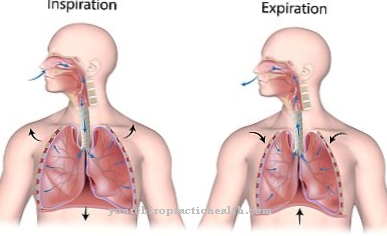
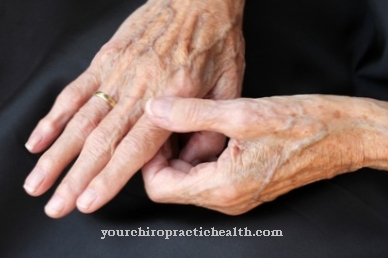

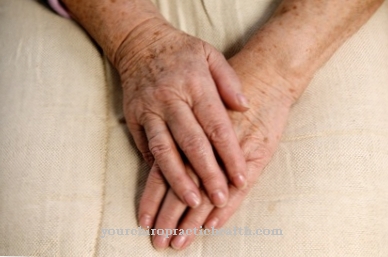



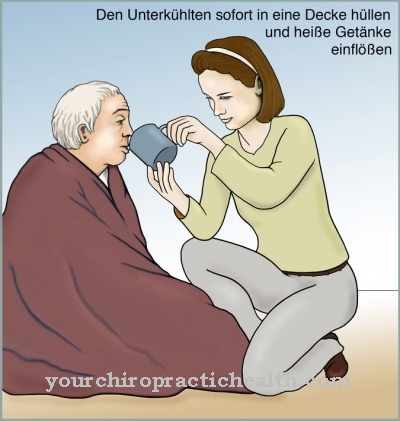
.jpg)

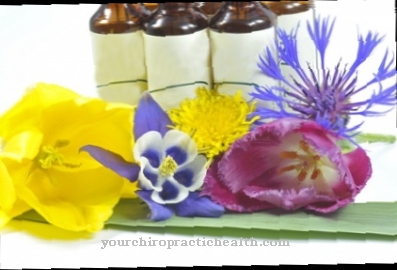
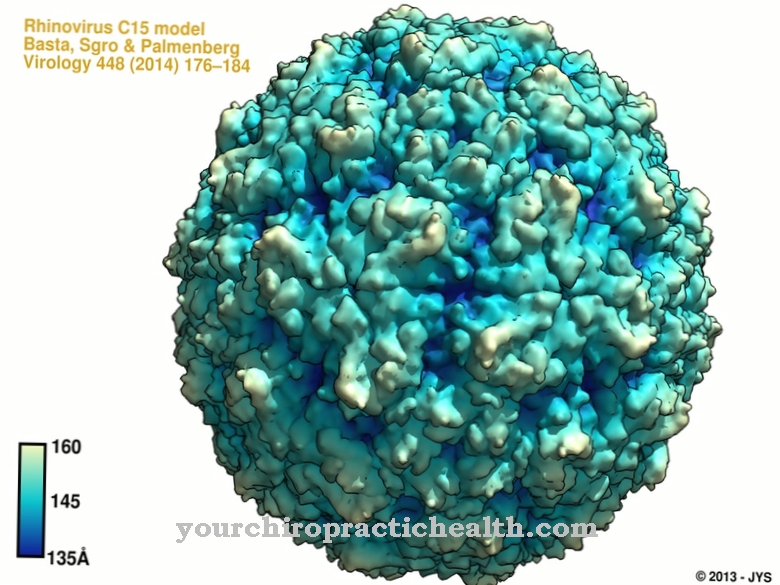
.jpg)



.jpg)

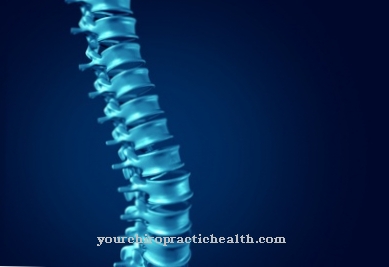
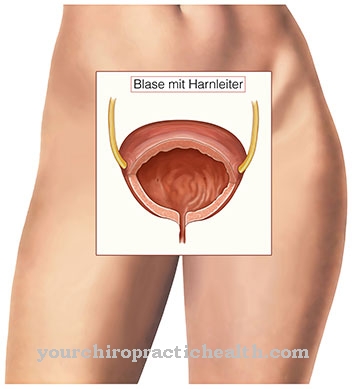

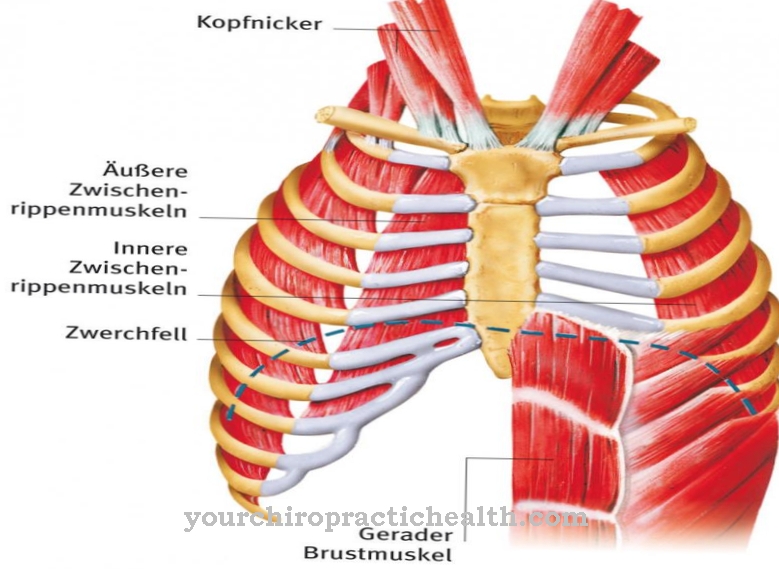

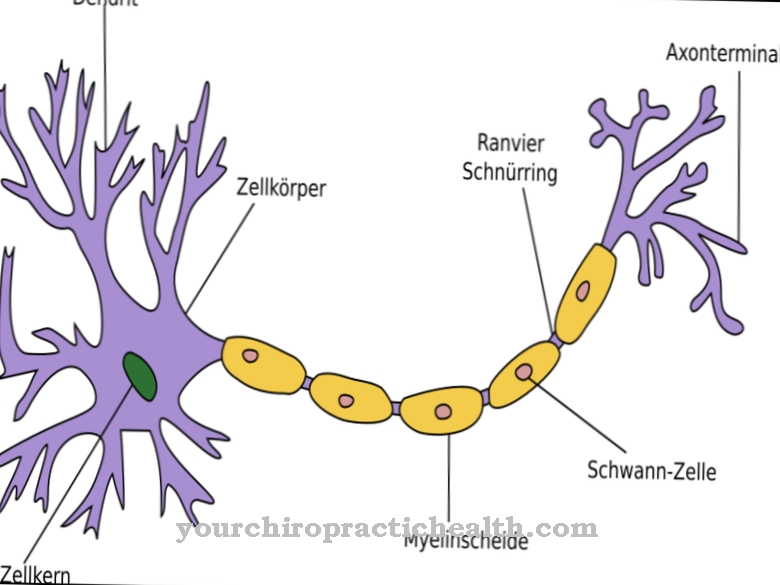
.jpg)
